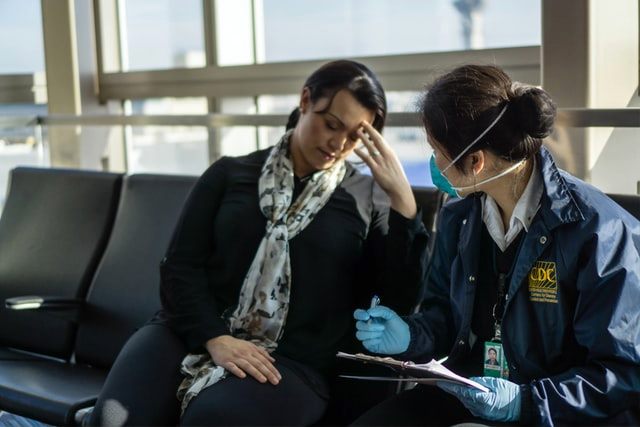The measures to contain the spread of the COVID-19 such as physical distancing and the closure of schools and workplaces may have a negative impact on the mental health of the population.
“We have seen from other emergencies that the mental health burden is high,” said mental health expert Aiysha Malik during the weekly media briefing by the WHO Regional Office for Europe on 26 March.
According to experts from WHO it is natural to feel stress, anxiety, loneliness and fear during times of crisis. Different sectors in society, not just the health sector, will have to help ensure the wellbeing of the population over the coming weeks and months.
To help reduce anxiety it is important to distribute timely, understandable and reliable information on the current crisis, provide phycological support and continue to care for people with cognitive and mental disabilities. Health care workers are also under great strain, and their mental wellbeing must be a top priority.
WHO warned that people who have recovered from COVID-19 may experience phycological stress responses such as anxiety, depression and guilt. Other epidemics have shown that they may also be subject to stigmatization from their community.
“We must correct misinformation and stigma wherever we see it. This is a collective effort,” urged Dr. Dorit Nitzan, coordinator for health emergencies at WHO Europe.
To tackle mental health needs during the COVID-19 pandemic, governments will have to take action to ensure that the mental health sector is prepared to help those struggling with anxiety and other stress responses.
There are also measures that individuals can take to keep themselves and others healthy, both mentally and physically; take part in physical activity; engage in actives that give a sense of achievement; show solidarity by helping neighbours; share hopeful stories; maintain social connections and help elderly family members who may not have much experience in using digital devices.
“We are all experts in our own wellbeing,” said Dr. Malik, “Communicate these strategies to one another.”
Additional links:
- UNRIC COVID-19 Hub
- Visit WHO’s information site on the COVID-19 pandemic here

